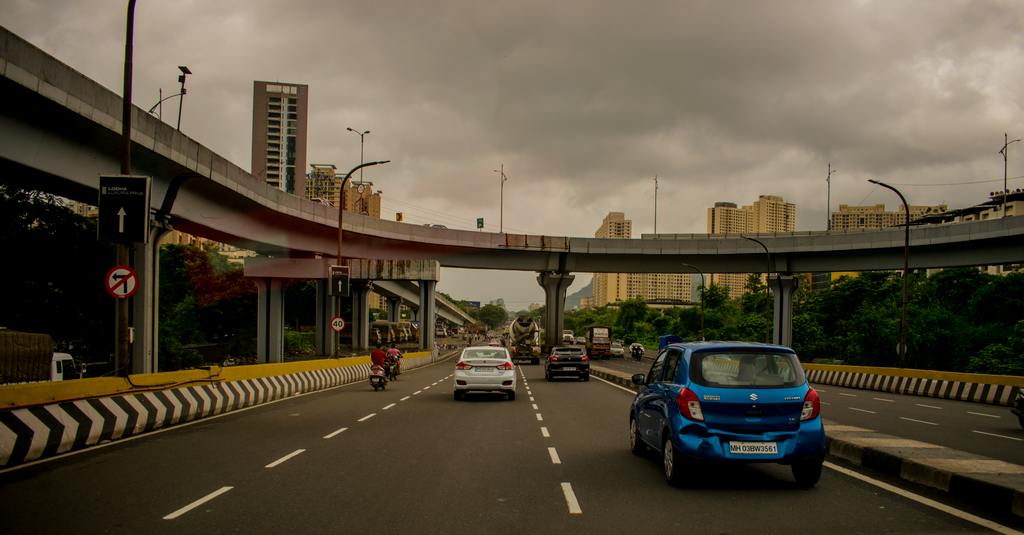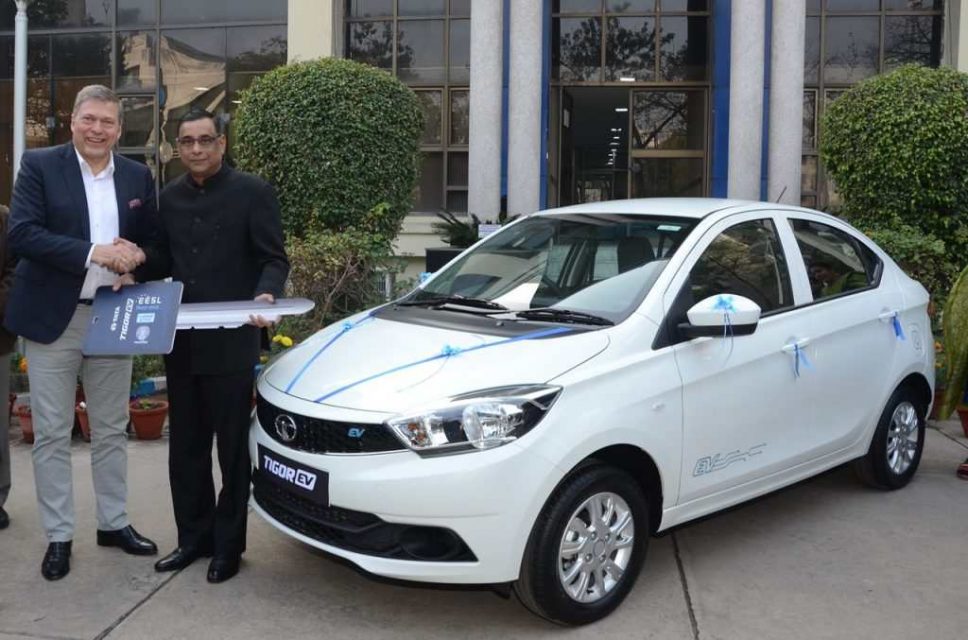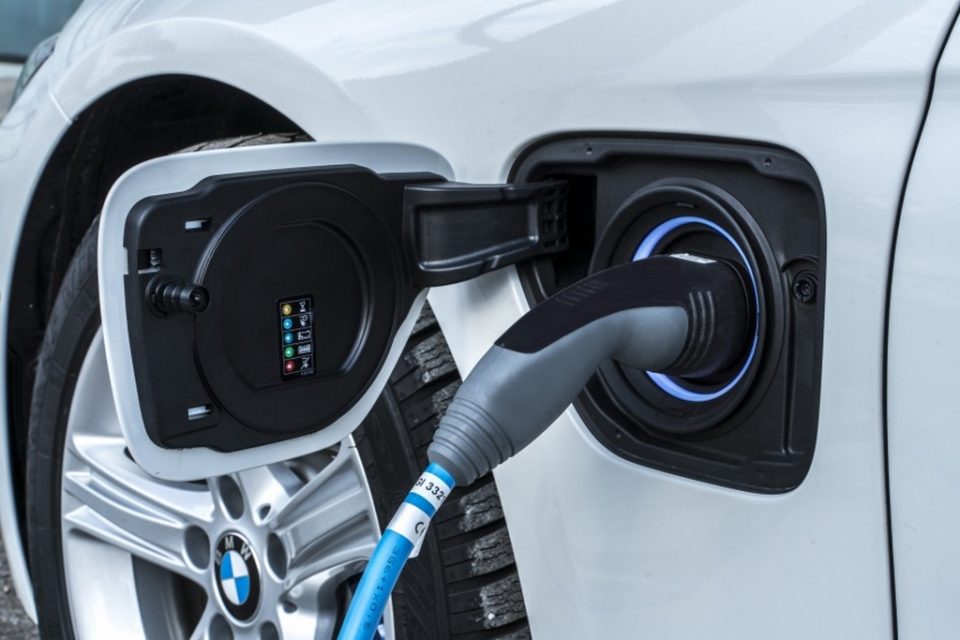
SIAM seeks to have the two tax rate format in the forthcoming Union Budget 2018-19 instead of multiple rates being levied under GST
SIAM (Society of Indian Automobile Manufacturers) is attempting to have a system of two tax rates under the GST regulation as opposed to the rather confusing system existing currently. It seeks to have the new format in the forthcoming Union Budget 2018-19 instead of multiple rates being levied. The organisation will also seem to be looking to bringing down the tax rate for electric and hydrogen fuel cell vehicles.
It is expecting to reassess the strategy with 12 percent tax by requesting the Indian government and ask them to exempt duty on 10-13 seater ambulances. At present, the GST (Goods and Services Tax) regime allows for the small petrol cars with less than 1,200 cc engine capacity attract 1 percent cess and the diesel-powered cars having engine capacity of less than 1,500 cc receive a cess of 3 percent – in addition to the 28 percent tax.
Also Read: Mission EV 2030 Could Face Bump Due To High GST On Batteries

The auto industry will slowly be on a transition phase to electric vehicles and many leading automakers are either investing in startups or joining hands with fellow brands for a major push. With Tata Motors delivering first batch of EVs to state-run EESL and Mahindra making moves to commercialize new zero-emission cars, the battle for supremacy is already well and truly on.
Also Read: Hybrid Car Sales Severely Impacted By High GST In India

